In the books of history, certain narratives stand out for their intrigue and complexity. One such tale is that of Joseph Kabila, who ascended to power in the Democratic Republic of the Congo (DRC) under unusual circumstances, marking the beginning of an 18-year rule that left an indelible mark on the nation’s trajectory.
The journey began on January 16, 2001, when uncertainty gripped the DRC as President Laurent Desiree Kabila fell victim to an assassination attempt in his marble palace in Kinshasa. Amidst the chaos, his 29-year-old son, Joseph Kabila, emerged as his successor, thrust into the spotlight despite being relatively unknown to both foreign diplomats and the Congolese public.
Joseph Kabila’s path to power was paved by his involvement with his father’s forces, marching across the country as part of the AFDL forces that toppled Mobutu’s regime. Despite inheriting a nation torn by war and devoid of stable institutions, Joseph Kabila embraced the daunting task ahead, navigating the complexities of governance amidst a backdrop of human rights abuses and political turmoil.
The origins of Joseph Kabila, including his parentage and birthplace, remain shrouded in controversy, fueling persistent rumors and conspiracies. Born around June 4, 1971, to Laurent and Sifa Kabila, Joseph’s birthplace is subject to debate, with conflicting reports placing it in different locations along the Congo River. Despite assertions of his Congolese heritage, detractors have long questioned his nationality, with accusations of foreign origins lingering throughout his tenure.
Raised in exile during his father’s resistance against the Mobutu regime, Joseph Kabila received his education in Tanzania, where he developed a passion for revolutionary ideals and military training. His involvement in the rebel war against Mobutu in the mid-1990s solidified his position within the military ranks, earning him the trust of his father’s allies and paving the way for his rapid ascent.
Assuming leadership in the aftermath of his father’s assassination, Joseph Kabila faced skepticism and opposition, with doubts surrounding his ability to lead a nation in turmoil. However, he wasted no time in asserting his authority, making bold decisions to distance himself from his father’s legacy and pursue a path of reconciliation and stability.
Despite initial challenges and accusations of nepotism and corruption, Joseph Kabila embarked on initiatives to stabilize the economy and foster diplomatic relations with key allies. His efforts to normalize relations with the international community, coupled with promises of democratic reform and peacebuilding, garnered cautious optimism both domestically and abroad.
However, Kabila’s rule was marred by allegations of corruption and authoritarianism, with accusations of embezzlement and abuse of power tarnishing his reputation. Reports of vast business empires controlled by his family, coupled with allegations of electoral fraud and human rights violations, cast a shadow over his governance and fueled discontent among the populace.
As the end of his presidency loomed, suspicions of his intentions to cling to power intensified, sparking widespread protests and political unrest. Despite attempts to extend his tenure through constitutional amendments and political maneuvering, Kabila ultimately stepped down in 2019, marking a historic moment in Congolese history as Felix Tshisekedi assumed the presidency.
In retrospect, Joseph Kabila’s legacy is one of both achievement and controversy, symbolizing the complexities of leadership in a nation plagued by instability and external interference. His journey from a young rebel fighter to the helm of a nation in transition reflects the tumultuous history of the Congo, leaving a lasting imprint on its political landscape.
As the Congo continues its quest for stability and prosperity, the legacy of Joseph Kabila serves as a reminder of the challenges and opportunities inherent in the pursuit of democratic governance and national reconciliation.
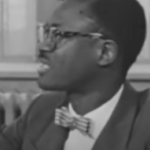
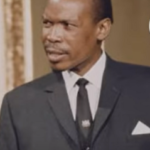
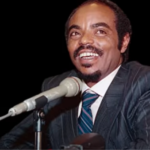
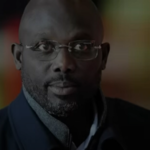
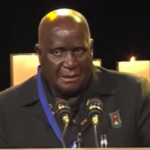
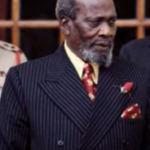
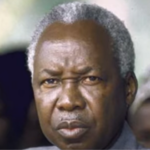
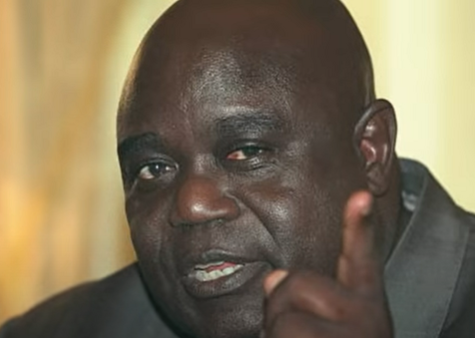
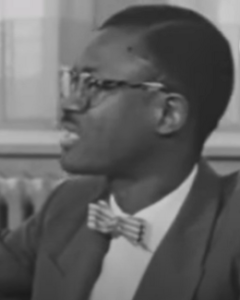
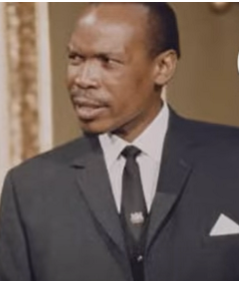
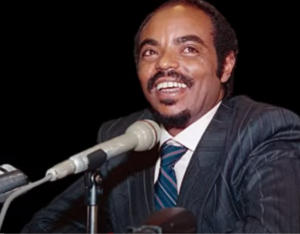

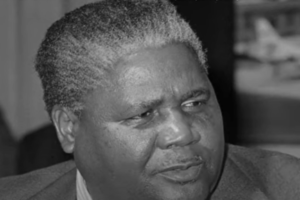
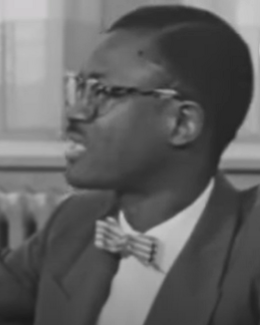
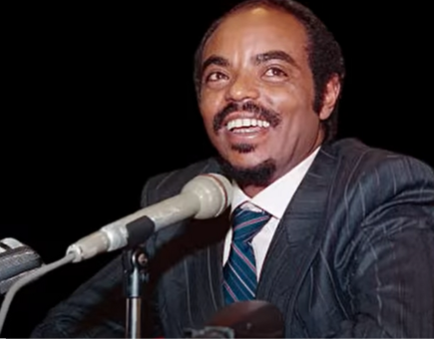
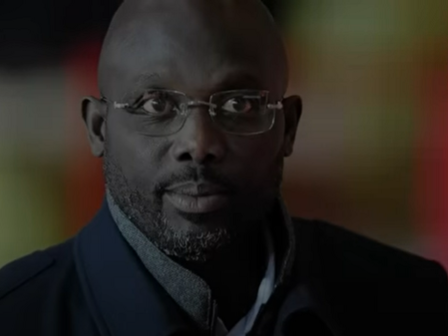
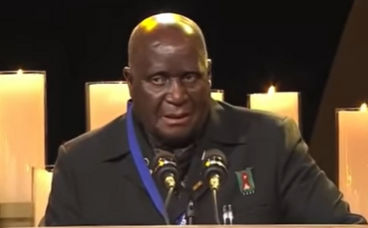
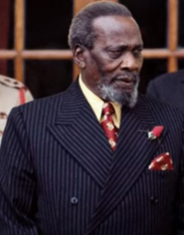
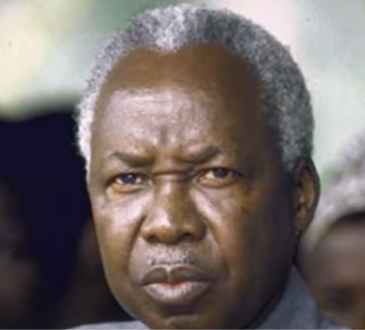
+ There are no comments
Add yours